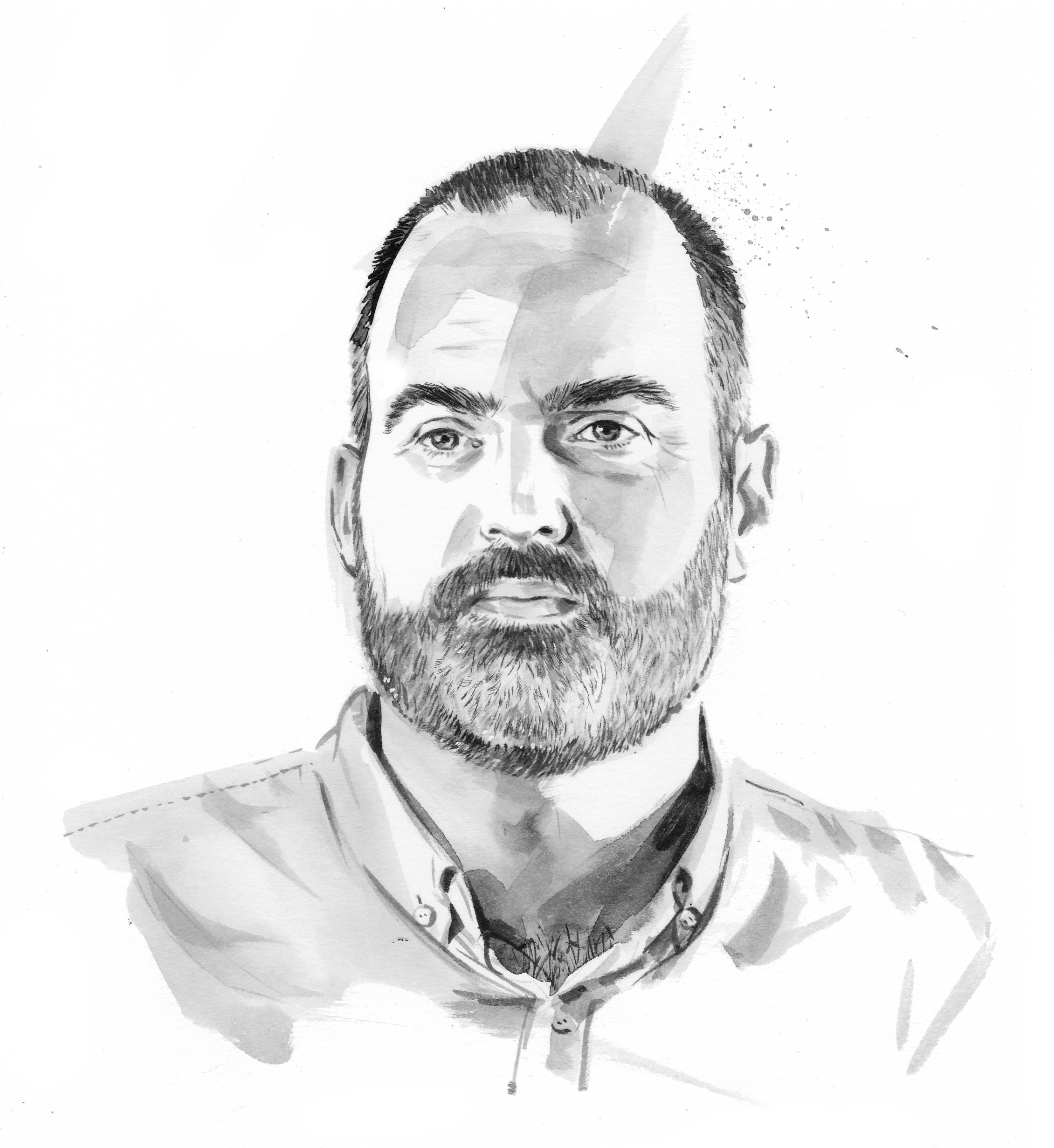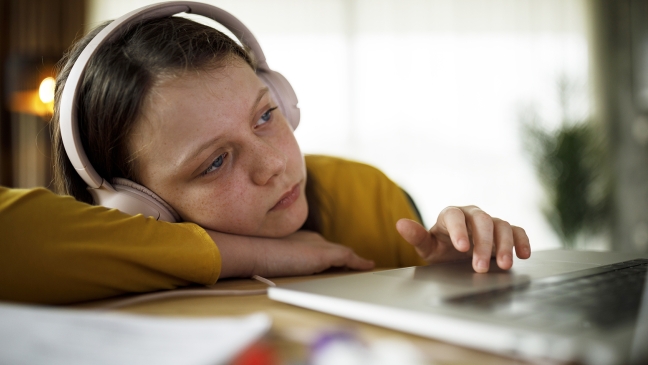Every teacher is familiar with students who struggle to manage their time independently, or who give up too soon with their homework. And, conversely, there are those students who can work for hours and still struggle.
If only there was a way to help students learn better, but take less time doing it.
Helpfully, new research with university students in Germany has examined the relationship between study time and effective strategies.
It has found the answer every teenager wants to hear: you can study less and still be a success.
Planning for independent study ‘vital to success’
Although we may need to take a leap to apply it to school-age students in England, the study chimes with common sense notions of using your time efficiently and effectively.
It is no surprise that planning for independent study was vital to success. Students who planned their time in advance achieved their goals in less time, and the most successful were able to self-monitor more effectively than their procrastinating peers.
If we train pupils how to self-monitor - using plans, checklists and more - we may help them achieve the holy grail of saving time but still succeeding with their academic goals.
And there are a plethora of practical strategies that promote quality over quantity when it comes to independent study.
How to help your students plan effectively
The age-old challenge of staying focused and avoiding procrastination is true the world over, and you don’t need technology to do it.
The Pomodoro Method is a well-known way to focus timing for independent study (you study for 25 minutes then take a five-minute break, and after three or four cycles, you take a longer break). You don’t need to labour for hours, falling for the usual distractions of the tired brain.
More from Alex Quigley:
Many students can be distracted by the presence of technology, but more savvy students use self-monitoring study apps to aid their learning and promote a visible monitoring of their time on task.
These study apps can create graphs that monitor progress, offer timers, block other phone apps and distractions, pose fun rewards and more.
‘Reflection may trump trying to do more’
It may be that, instead of students labouring for an extra chunk of time, short reviews make for better, more effective study. But a reflective review simply is uncommon for school students. We need to train them with specific, manageable strategies.
A simple approach like 3-2-1 can promote reflection that reviews homework, study or exam revision. In short, given a study topic, you note down (or explain) three key points to remember, write down two questions that are crucial for the topic, and identify one key word to summarise.
The extra few minutes reflection may trump trying to do more and more, but losing focus in the marathon attempt.
Every lesson and study session counts. It may be that the secret to teacher success is convincing their students to study for shorter spells, but to use their time more effectively. It may just save all of our precious time and make every minute really count.
Alex Quigley is the author of Why Learning Fails (And What To Do About It)
For the latest research, pedagogy and classroom advice, sign up for our weekly Teaching Essentials newsletter






